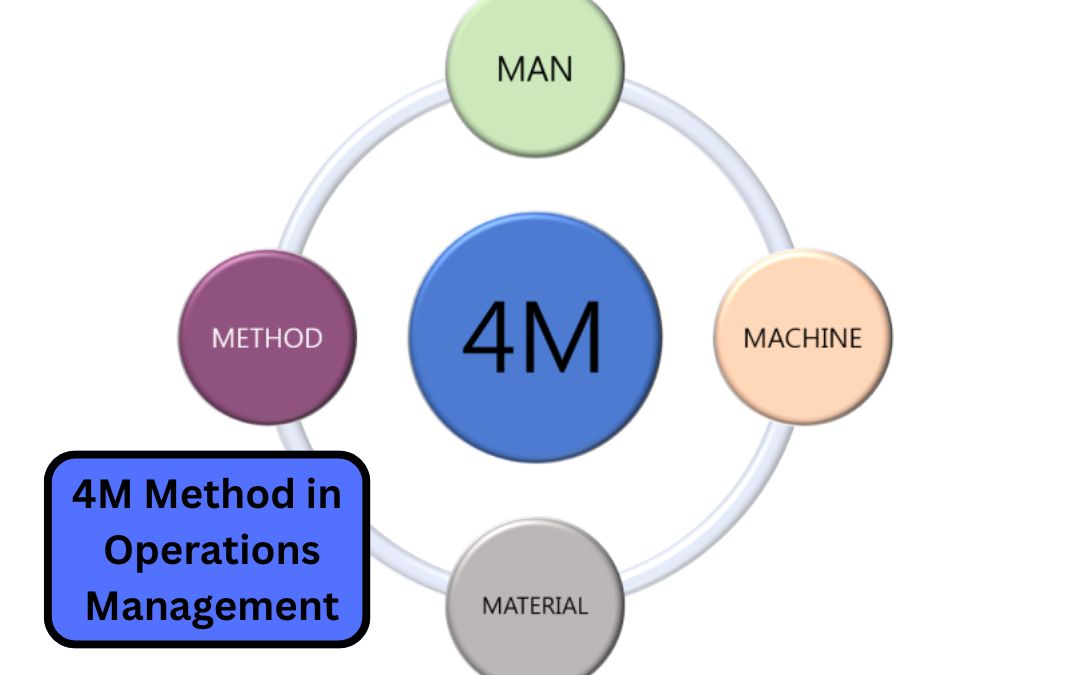An operations manager plays a vital role at the heart of any organisation. From coordinating teams to streamlining workflows, they ensure that day-to-day functions run smoothly and productively. Their contributions influence everything from profitability and quality to customer satisfaction and long-term growth.
In this article, we’ll explore what operations managers do, how to become one, essential skills you’ll need, potential earnings, and other roles in this dynamic career space.
What Does an Operations Manager Do?
An operations manager is responsible for overseeing and improving all operational aspects of a company. They create workflows, monitor performance, identify inefficiencies, and implement strategies to boost productivity. Their responsibilities typically include:
- Designing and managing operational processes
- Coordinating between departments
- Improving internal systems and quality standards
- Ensuring the timely delivery of products or services
- Enhancing customer satisfaction
By aligning daily operations with broader company goals, they act as a key link between strategy and execution.
How to Become an Operations Manager
Becoming an operations manager requires a combination of education, experience, and skill development. Here’s a step-by-step guide to help you get started:
1. Earn a Bachelor’s Degree
While not always mandatory, a degree in business administration, operations management, logistics, or a related field provides a strong foundation.
2. Gain Industry Experience
Start with entry-level roles such as operations assistant, coordinator, or analyst. Experience builds familiarity with systems, processes, and challenges.
3. Develop Interpersonal and Leadership Skills
Strong communication and leadership qualities are crucial for leading teams and collaborating across departments.
4. Pursue Advanced Certifications or Education
Consider earning an MBA or certifications in project management, supply chain management, or Lean Six Sigma to deepen your expertise.
5. Stay Updated with Technology
Understanding digital tools like CRM platforms, data analytics software, and project management tools (e.g., Trello, Asana, Microsoft Project) gives you an edge.
Key Skills for an Operations Manager
To be successful in operations management, you need a balance of technical know-how and soft skills. Here are some of the most valued abilities:
Project Management
Managing multiple projects, setting timelines, allocating resources, and meeting deadlines.
Communication & Leadership
Clear and confident communication with staff and stakeholders, along with the ability to inspire, delegate, and build trust.
Financial Acumen
Understanding budgeting, cost control, and financial forecasting is essential to maintain profitability and efficiency.
Decision-Making & Problem-Solving
Making informed decisions and resolving unexpected challenges with minimal disruption.
Tech Savviness
Familiarity with ERP systems, process automation tools, and data analysis software helps optimise operations.
Average Salary and Career Outlook
In India, the average salary of an operations manager is around ₹4,08,775 per year, according to Indeed. However, this can vary widely depending on:
- Industry (e.g., manufacturing, tech, healthcare)
- Location (metro cities tend to offer higher pay)
- Experience and education
- Company size and complexity
Future Prospects
With India’s major industries like IT, retail, healthcare, infrastructure, and financial services growing rapidly, the demand for skilled operations managers is on the rise. The career outlook is promising, though competitive, and candidates with strong analytical, technical, and leadership skills will have the upper hand.
Related Jobs Similar to Operations Manager
If you’re considering a career in operations, here are some roles with overlapping skills and responsibilities:
1. Project Manager
Avg. Salary: ₹7,52,910/year
Role: Manages specific projects, ensuring timely delivery within budget and scope.
2. Supply Chain Manager
Avg. Salary: ₹6,37,556/year
Role: Manages procurement, logistics, and distribution processes.
3. Quality Assurance (QA) Manager
Avg. Salary: ₹7,17,719/year
Role: Ensures all products and services meet quality standards and regulations.
4. Operations Research Analyst
Avg. Salary: ₹3,69,547/year
Role: Uses data analysis and mathematical models to solve operational problems.
5. Facility Manager
Avg. Salary: ₹4,81,782/year
Role: Oversees the infrastructure and services of a workplace (e.g., maintenance, safety, security).
6. Production Manager
Avg. Salary: ₹6,08,821/year
Role: Supervises manufacturing processes, productivity, and product quality.
Conclusion
The role of an operations manager is both challenging and rewarding. It offers the opportunity to influence company growth, improve efficiency, and lead impactful initiatives. With the right education, skillset, and determination, you can build a successful career in this field and even transition into higher executive roles.
Whether you’re just starting or looking to upskill, investing in yourself now can pave the way for a strong future in operations management.
FAQs
1. What does an operations manager actually do on a daily basis?
An operations manager oversees daily business activities, ensures processes run smoothly, manages team coordination, reviews workflow efficiency, handles budgets, and resolves operational issues. They also collaborate with other departments to align strategies and ensure that goals are met on time.
2. Do I need a degree to become an operations manager?
While some smaller companies may not require one, most employers prefer candidates with a bachelor’s degree in business administration, operations management, or a related field. An MBA or relevant certification can significantly enhance your chances for advancement.
3. What industries employ operations managers?
Operations managers are needed in nearly every industry, including:
- IT and software
- Manufacturing
- Retail
- Healthcare
- Logistics and supply chain
- Hospitality
- Financial services
Their versatility makes them vital in both small businesses and large corporations.
4. How much can I earn as an operations manager in India?
On average, operations managers in India earn around ₹4,08,775 per year. Salaries vary depending on experience, industry, location, and company size. Senior roles or those in metro cities can fetch significantly higher packages.
5. What’s the difference between an operations manager and a project manager?
A project manager focuses on executing specific, time-bound projects, while an operations manager handles ongoing business activities and processes. Operations managers often manage multiple functions continuously, whereas project managers focus on temporary goals.
6. What skills are most important for success in this role?
Key skills include:
- Project management
- Communication and leadership
- Financial literacy
- Problem-solving and decision-making
- Technical proficiency in tools like ERP or CRM systems
Soft skills such as adaptability, negotiation, and collaboration are equally important.
7. Is this a high-pressure job?
It can be, depending on the industry and company size. Operations managers juggle multiple responsibilities, meet tight deadlines, and are accountable for performance outcomes. However, with experience and proper systems in place, managing the pressure becomes easier.
8. Can I transition into a different industry as an operations manager?
Yes, operations managers can often transition between industries due to the transferable nature of their skills. However, you may need to learn industry-specific regulations, tools, or terminology to adapt successfully.












